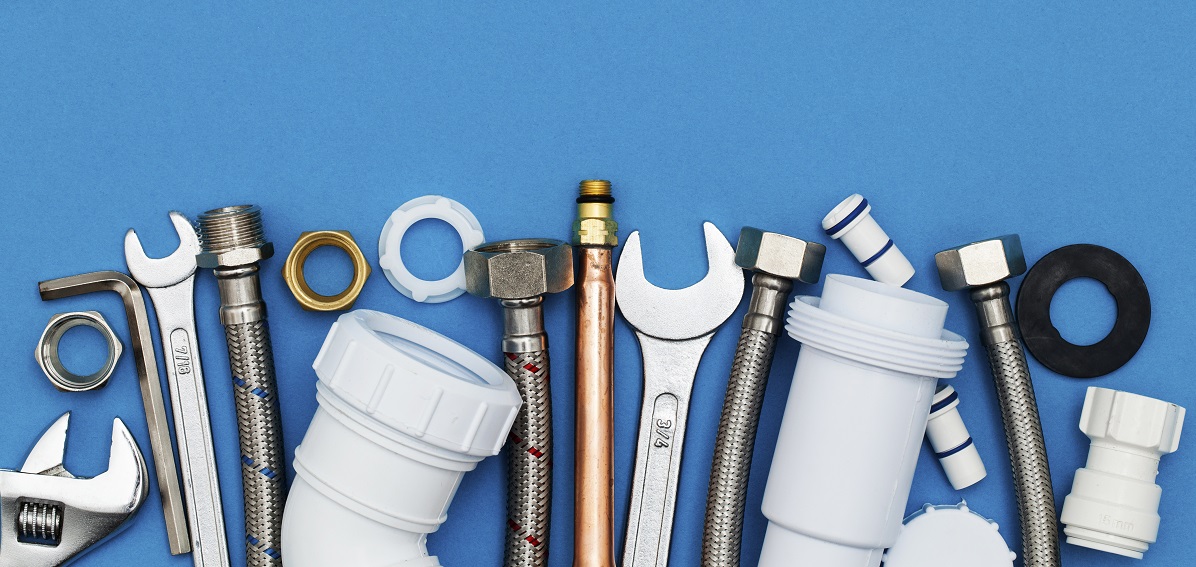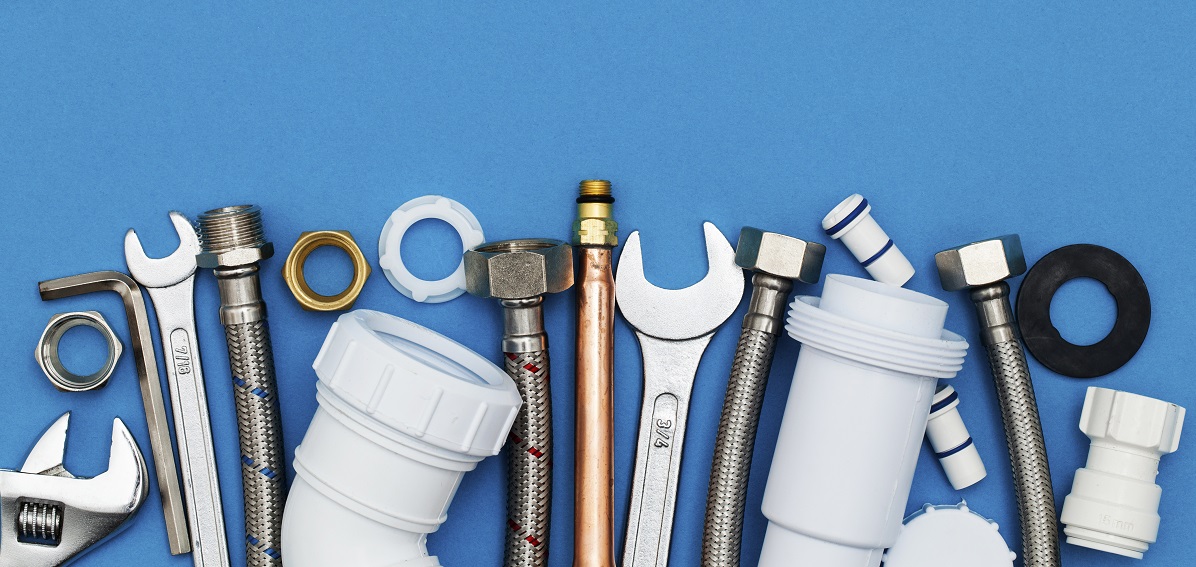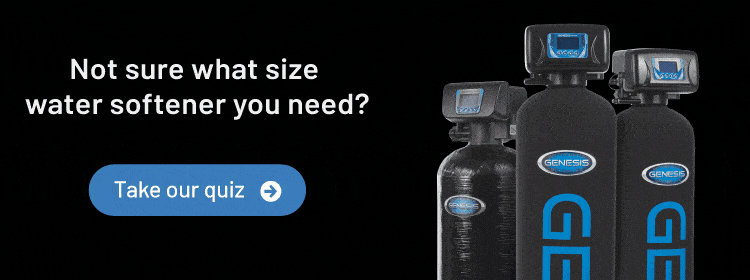How to Install a Water Softener
Posted by Discount Water Softeners on Jun 30th 2021
DIY vs The Pros
With any new ventures in life, taking one step at a time and making thoughtful decisions is as important to successful outcomes as is natural ability. If you’ve always aspired to complete your own projects and attempt do-it-yourself home improvements, you know that it can be as frustrating as it is fulfilling.

Even the most successful DIYers need to allow for a learning curve, and quite possibly, a few twists and turns along the way. While you may have the know-how and confidence in your talents, sometimes the bigger question is not whether you can but whether you want to tackle a project most often left for the pros.
When it comes to DIY water softener installations, the same rules apply. Knowing how to install a water softener is a great way to save time and money. On the other hand, without proper knowledge of water softening equipment, you can end up with unnecessary costs and unexpected hours spent troubleshooting.
Having all the necessary information before you begin will help to avoid mishaps and a lot of aggravation. It also aids in the decision-making process of whether installing a whole home water filtration system is something you want to do on your own— or if this is one project you should sit back, relax, and let the experts take on.
The First Step
Without a working water softener, the water that flows throughout your home and into faucets and showerheads often falls into the category of what we term “hard water.” This type of water contains high levels of minerals that lead to scaling and ugly stains on your appliances. A water softener is a filtration system that removes the calcium and magnesium minerals associated with hard water. There are several points to take into consideration prior to installing a water softener on your own.
The type of water softener you need depends on the hardness level of your water supply. Getting your water tested before choosing any filtration system will prevent you from making the wrong purchase and in turn requiring more work to uninstall a system after realizing it’s not the right fit. An accurate assessment of what your water contains will help you to find the appropriate water softener specific for your family’s needs.
Once you’ve chosen the correct water softener, the next step is determining the appropriate location to house it. Most water softeners are installed near the water heater in a home, allowing a centralized location for the systems that control water function. However, a water softener and water heater should have several feet between them so that when piping gets hot, there is no danger of damage to either large appliance. Overall, the best placement for a water softener is in a dry, low-humidity area as close as possible to your main water source, as well as to a nearby drain and outlet.
Stay in the Loop
A “loop” is a pre-plumbed option that may or may not have been installed during the construction of your home. If you have a water loop, it’s usually located near your water heater. If you have a pre-existing water softener and are simply replacing the system, this will make installation of a new softener a breeze. If not, this may be the part that sends your DIY state of mind in another direction.
A water loop essentially is what keeps softened water inside your home, ensuring that all appliances, faucets, and water lines are protected from hard mineral build-up. It also conserves softened water by preventing treated water from being sent to outside spigots and garden hoses, where it’s not necessary.
A water softener loop consists of three things that your softener system will need: access to the main water supply, a drain for discharge, and an electrical outlet. If you do not have a pre-installed loop, you’d need to install new piping to divert water from the main line where it enters your home. The water softener will then be connected to this separate line.
A DIY water loop install is a time-consuming project requiring soldering. If you’re not comfortable with plumbing hookups or using a soldering torch and pipe cutters for branching off water lines to outdoor faucets, then your next phone call should be to your local water softener professional.
Cost of Water Softener Installation
Water softener installation costs vary greatly depending on the type of softener, the complexity of the job, and accessibility. On average, you can expect a water softening system plus installation by a professional to cost between $1,500 to $2,800. A DIY install will cut costs by several hundred dollars.
Professionals often sell or recommend specific models of softener systems that they have experience with, or are known for fewer maintenance and repair issues. The most common type of conventional water softeners utilize salt and the process of ion exchange to eliminate hard minerals from water. These ion exchange systems have a long history of dependability and are the most effective for hard mineral removal.
In homes where the main water source is derived from wells, the installation of a softener tends to run upwards of $500 more than in homes with municipal water supplies. This is due to the high iron levels commonly found in well water, therefore requiring the addition of a chemical injector for chlorine and pre-sediment filters for iron removal.
The cost of water softener installations by a water treatment specialist typically includes labor, materials, and the removal and disposal of an existing system. If you are committed to pulling the job off on your own, but want an in-depth look at the process of water softener installation, you can find several online tutorials to guide you through each stage.
Overall, installing a water softener on your own is a great way to save money, provided you have the tools and the knowledge to safely get the job done. If you choose to hire a professional instead, you can rely on their expertise and warranty. Improper installation of a water system can lead to plumbing system leaks and damage to your home. Whether you DIY this project, or hire help, a water softening system brings great value to your home. Hard water is messy and destructive, and it’s one water woe that you’ll be happy to flush down the drain.



